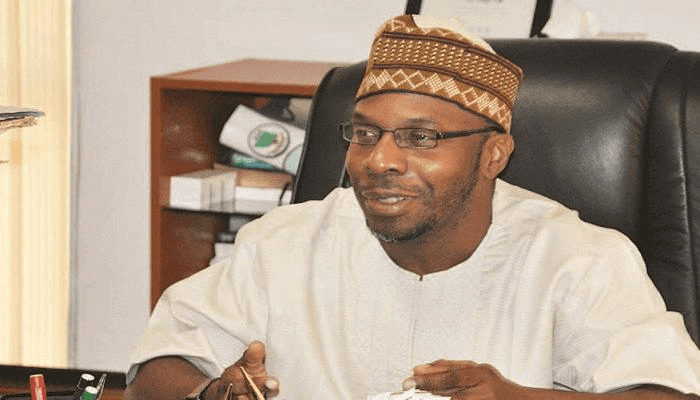Afreximbank sees Nigeria’s inflation easing to 14% by 2026
Yemi Kale, the group chief economist & managing director, Afreximbank has said that if Nigeria stay the course of its ongoing reforms, inflation could fall to around 14 percent by end of 2026.
Meanwhile, the National Bureau of Statistics report showed that Nigeria’s inflation eased to 20.12 percent in August from 21.88 per cent in July.
Kale who stated this while delivering a keynote address at the ‘Platform Nigeria’, said that however, between now and then the hardship on households will continue.
According to him, much of the previous decade, monetary policy oscillated between tightening to fight inflation and loosening to spur growth, often undermined by large quasi-fiscal interventions.
Read also: Afreximbank partners automakers to drive Africa industrialisation
However, CBN has now reasserted price stability which is its core mandate. The Monetary Policy Rate was initially raised to 27.5 percent—one of the steepest tightening on record—while open-market operations were streamlined to mop up excess liquidity.
“And importantly, these actions were accompanied by clearer communication with regular policy reports, forward guidance, and transparent explanations of the inflation outlook.”
According to him, the results are now visible, as headline inflation, which averaged above 25–30 percent in 2023–24, has begun to ease toward the low 20s, and food inflation, while still elevated, is slowing.
He streesed that the gains are not merely statistical, adding that every percentage point of disinflation protects the real value of salaries, pensions, and savings, and reduces uncertainty for investors who must plan projects years in advance
“And I believe that if we stay the course, inflation could fall to around 14 percent by end of 2026, all things remaining constant, as the effects of the currency float and fuel price jump are absorbed,” he said.
According to Kale, Nigeria missed a similar opportunity to soften the immediate shock of reform, relying on ad-hoc and often poorly implemented palliatives rather than a comprehensive, well-communicated and targeted social-protection plan.
“But the lesson here is, again, clear Reform is like curing a fever—you must endure some discomfort as the medicine takes effect, but the alternative of letting the fever rage because the pill is bitter or injection too painful is far worse.
“A second, equally important lesson here is for government itself, which I have highlighted many times already. Many peer countries have matched reforms with targeted and effective social cushions to protect their most vulnerable citizens.
“I mentioned Egypt earlier. Ghana is another. Ghana combined its 2022 debt-restructuring and currency reforms with a comprehensive and well targeted, scaled-up cash-transfer and school-feeding program to absorb some of the shock. But in this regard, Nigeria missed a similar opportunity to soften the immediate shock of reform, relying on ad-hoc and often poorly implemented palliatives rather than a comprehensive, well-communicated and targeted social-protection plan,” Kale said.
Read also: ATDC secures $1bn funding pledge from Afreximbank
He emphasised that the key is not just introducing necessary reforms or even the important political will to see them through, but reforms must also be carefully planned, and thoughtfully implemented, so that structural change is matched by social protection and long-term public confidence.

